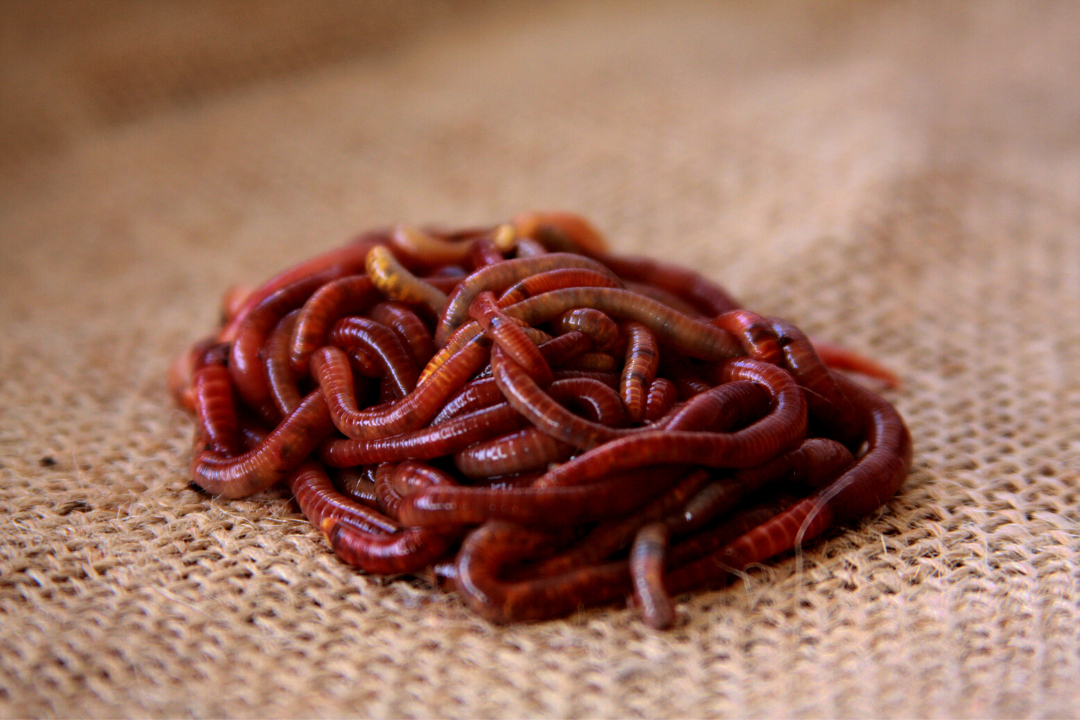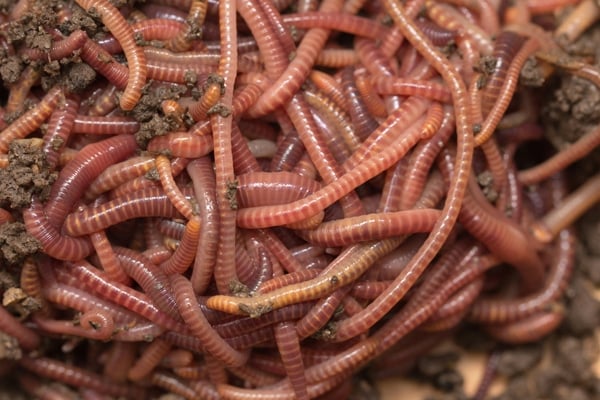Why Lake Hickory Bait Is the Best Choice for Local Angling Needs
Why Lake Hickory Bait Is the Best Choice for Local Angling Needs
Blog Article
The Amazing World of Red Wigglers: Increase Your Soil Fertility Today
These tiny yet reliable microorganisms change natural waste right into useful worm spreadings, considerably enhancing dirt health and wellness and advertising lasting methods. As we discover the benefits of vermicomposting and the practical actions to develop an effective worm bin, the prospective impact of these worms on your horticulture success becomes significantly obvious.
Recognizing Red Wigglers
Red wigglers, clinically recognized as Eisenia fetida, are a varieties of earthworm that play a critical duty in improving soil fertility. These worms prosper in organic-rich settings, such as garden compost piles and decaying plant product, where they eat organic waste and excrete nutrient-dense spreadings. Their distinct composition, featuring a segmented body and a clitellum, allows them to reproduce rapidly and successfully process large amounts of natural matter.

The eco-friendly importance of red wigglers expands past mere waste processing; they add to the soil food web, promoting a diverse neighborhood of microorganisms that better improve soil wellness. Understanding the biology and actions of red wigglers is necessary for harnessing their full possibility in lasting farming and gardening techniques.
Advantages of Vermicomposting
(Red Wiggler Express)Taking advantage of the power of red wigglers through vermicomposting deals various advantages that substantially boost soil health and fertility. One of the key advantages is the production of nutrient-rich worm castings, which are an excellent all-natural fertilizer. Red Wiggler Express. These spreadings have necessary nutrients like nitrogen, phosphorus, and potassium, promoting durable plant growth and boosting crop returns
The existence of worm castings boosts dirt appearance, enabling for much better water retention and water drainage. Red wigglers help damage down organic issue, accelerating disintegration and recycling nutrients back into the soil.
Vermicomposting likewise fosters microbial task, which is crucial for a healthy dirt environment. Beneficial microorganisms grow in the existence of worm spreadings, aiding in the failure of organic products and enhancing nutrition schedule to plants.
Finally, vermicomposting acts as a reliable waste monitoring solution, minimizing land fill waste by recycling kitchen scraps and various other natural materials. This not just adds to ecological sustainability but also advertises a circular economic climate within horticulture and agriculture.
How to Establish a Worm Bin
Setting up a worm bin is a simple process that can dramatically improve your composting efforts. Begin by picking a suitable container, which can range from a commercially available worm bin to an easy plastic or wooden box (Red Wiggler Express). Guarantee the container has adequate air flow; tiny holes in the lid and sides will promote air circulation
Next, develop a bedding layer to offer a comfy atmosphere for the red wigglers. This can be made from shredded newspaper, cardboard, or coconut coir, moistened to a damp, sponge-like consistency. Load the container to about one-third complete with this bed linens material.
Once the bedding is prepared, it's time to present the worms. Red wigglers prosper in natural waste, so place them delicately onto the bed linens. Cover the worms with a light layer of extra bed linens to aid them acclimate.
Feeding Your Red Wigglers
Giving the appropriate food for your red wigglers is vital for their health and the effectiveness of your composting system. Red wigglers flourish on a different diet, primarily consisting of organic materials such as fruit and vegetable scraps, coffee premises, and shredded paper. These products not only provide crucial nutrients yet additionally add to the microbial task in Continue the worm bin, which is crucial for the worms' food digestion.
It is essential to avoid particular foods, such as dairy products, oils, and meats, as these can attract parasites and develop unpleasant smells. Additionally, citrus peels and excessively zesty foods must be restricted because of their prospective to hurt the worms. A well balanced technique to feeding involves keeping track of the amount of food presented to the bin, making sure that it is eaten within a practical amount of time to avoid excess waste build-up.
To advertise optimal digestion, it is useful to slice or shred larger food products before adding them to the bin. This method boosts the area for microbial action, assisting in quicker decay and improving the general performance of your composting system. Regularly observing the worms' feeding practices will help you readjust their diet as needed.
Utilizing Worm Castings in Your Garden

(Lake Hickory Bait)Integrating worm spreadings right into your yard can be achieved by blending them right into the dirt or using them as a top clothing. The slow-release nature of these spreadings makes sure that nutrients are readily available to plants over a prolonged duration, reducing the demand for artificial plant foods. In addition, worm castings have valuable microbes that advertise healthy and balanced dirt communities, boosting the total resilience of your garden.
To make the most of the benefits, purpose to use roughly one part worm spreadings to three parts soil in your growing beds. Normal applications can result in improved crop returns and healthier plants, making worm castings an important source for both beginner and seasoned gardeners alike. By utilizing this all-natural change, you can cultivate a flourishing garden while adding to sustainable horticulture methods.
Verdict
In verdict, red wigglers exemplify the crucial duty of vermicomposting in enhancing dirt fertility. Their capability to convert organic waste right into nutrient-rich spreadings significantly enhances dirt structure and supports microbial diversity.
Report this page